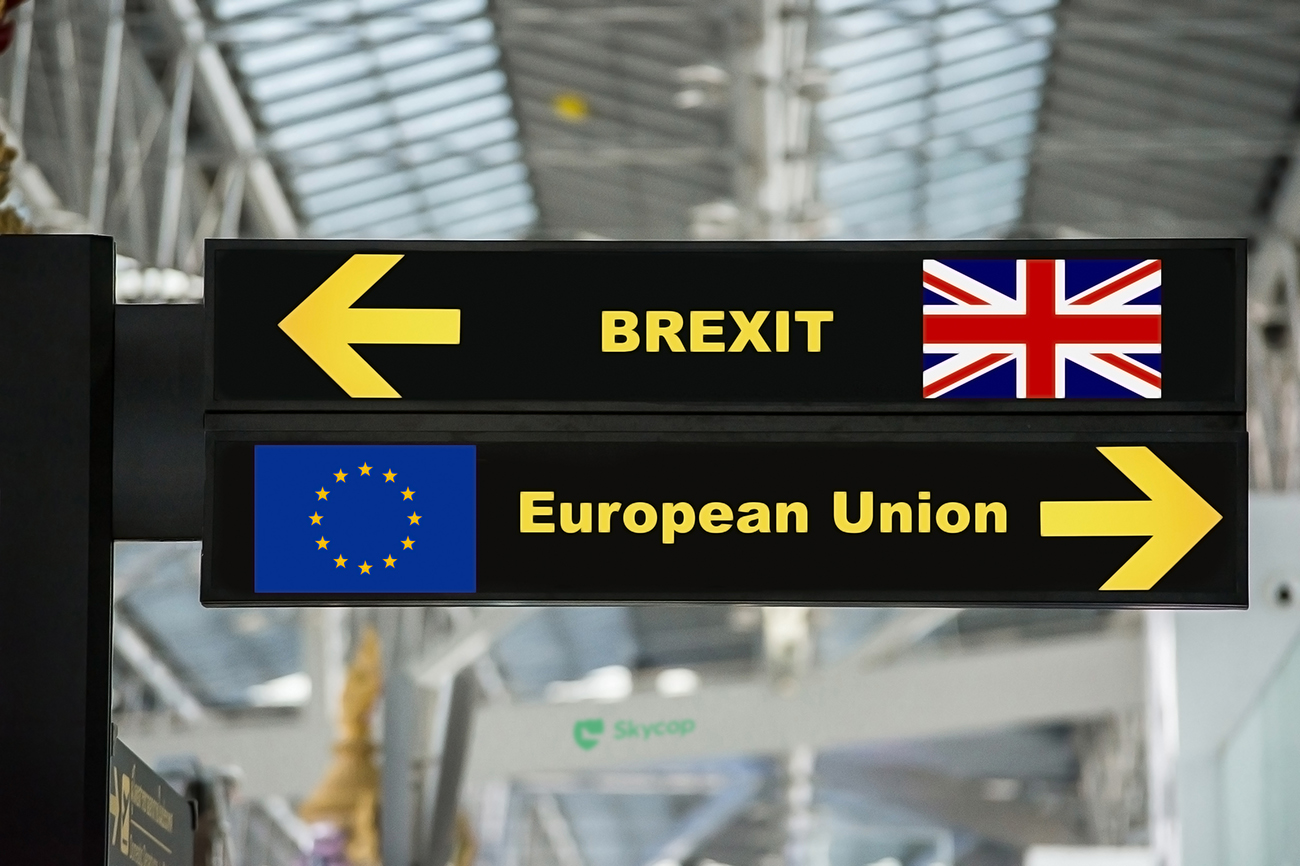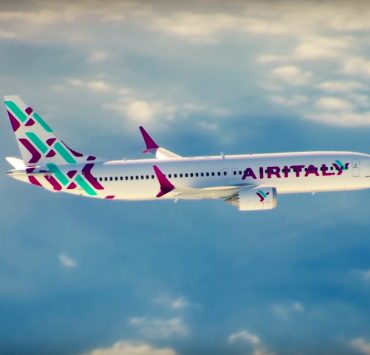
With little over 13-months, until the United Kingdom leaves the European Union, there’s still so little known about how Brexit will affect British travellers. Much of the debate so far has been over whether flights will even be able to fly between the EU and UK in the event of a so-called ‘hard Brexit’ – But what about the legal protections and rights British consumers currently enjoy under European legislation?
Since 2005, citizens across the European Union have benefited from generous compensation rules for delayed or cancelled flights – the ‘denied boarding’ rights, commonly referred to as EU Regulation 261.
The rules set out a number of legal rights – from being kept up to date in the event of a delay, to receiving meal vouchers, telephone calls and hotel accommodation when things go wrong. Importantly, EU261 also guarantee’s set compensation amounts in the event of seriously delayed or cancelled flights.
Of course, there have been a number of challenges to these rules over the years – from the definition of what an ‘extraordinary circumstance‘ is (which absolves an airline from paying compensation) to whether foreign carriers are obligated to make a payout on a connecting flight.
There is no fallback option for aviation
By and large, though, the compensation rules have been a huge win for consumers – a black and white set of rules that are standardised across the EU. But when Britain quits the EU it will also be quitting EU aviation market policy which has been in existence since 1990.
That is unless the British government can agree on a new set of rules with European leaders before the 29th March 2019. And unlike trade deals, which will simply revert to World Trade Organisation rules in the event of a hard Brexit, there is no such fallback option for aviation.
Some airlines have been preparing for the very worst case scenario – fearing that unless they take action, aircraft won’t fly between the UK and EU. easyJet, whose head office remains in the UK, has set up an Austrian subsidiary with a separate EU Air Operators Certificate (AOC).
Some British airlines are preparing for the worst case scenario
The airline said it set up easyJet Europe to “enable easyJet to continue to operate flights both across Europe and domestically within European countries after the UK has left the EU (regardless of the outcome of talks on a future UK-EU aviation agreement).”
For its part, Ryanair, which is based in Ireland has applied for a UK AOC but has warned consumers about possible changes to their bookings after Brexit – the fear being that there could be mass cancellations in the event lawmakers can’t agree on a deal in time.
Other airlines, however, are less concerned. In October, Willie Walsh, the chief executive of IAG which owns several airlines including British Airways, said he believed flights would continue even in the event of hard Brexit.
As others expand in the UK
“The prospect of there being no flying between the UK and Europe, I don’t agree with at all,” Walsh told a British parliamentary committee, before going onto say: “This would bring all of Europe to a standstill.”
The chief executive of Norwegian, Bjorn Kjos has also said the UK will be at the heart of the airline’s expansion plans – although that is mainly focused on long-haul flights which are governed by Open Skies agreements that will remain intact after Brexit.
Yet the head of Skycop, an organisation that fights for compensation on behalf of passengers, remains unconvinced.
Skycop tells consumers to fight for compensation before it’s too late
“The liberal aviation market we have today is one of the main factors that led to the lucrative development of LCCs such as EasyJet or Ryanair. Both sides will have to come to new agreements and UK carriers are at risk of losing free access to their markets,” explained Marius Stonkus.
And Stonkus is even more concerned about what protection British consumers will have after Brexit: “It’s not only airlines that should take action before it’s too late. UK citizens have no time left to hesitate over flight compensations and should start fighting for it as soon as possible.”
No plans to introduce similar compensation scheme after Brexit
Skycop estimates that the total compensation bill British consumers are entitled to amounts to £879 million per year – ranging from £221 to £532 for every passenger. Yet only 5% of claims taken straight to the airline are initially successful – with around £5 billion in incorrectly denied compensation still to be paid out.
Yet this could be the last year British consumers are protected by these generous rules. So far, we haven’t heard of any concrete plans from British lawmakers to introduce similar rules to those currently enjoyed by UK travellers.
“If the UK government won’t choose to introduce equivalent domestic protections, British flyers might very soon lose the chance to get their money back,” warns Stonkus.
A situation that could see a huge 28% of European passengers suddenly denied compensation.
Mateusz Maszczynski honed his skills as an international flight attendant at the most prominent airline in the Middle East and has been flying throughout the COVID-19 pandemic for a well-known European airline. Matt is passionate about the aviation industry and has become an expert in passenger experience and human-centric stories. Always keeping an ear close to the ground, Matt's industry insights, analysis and news coverage is frequently relied upon by some of the biggest names in journalism.









